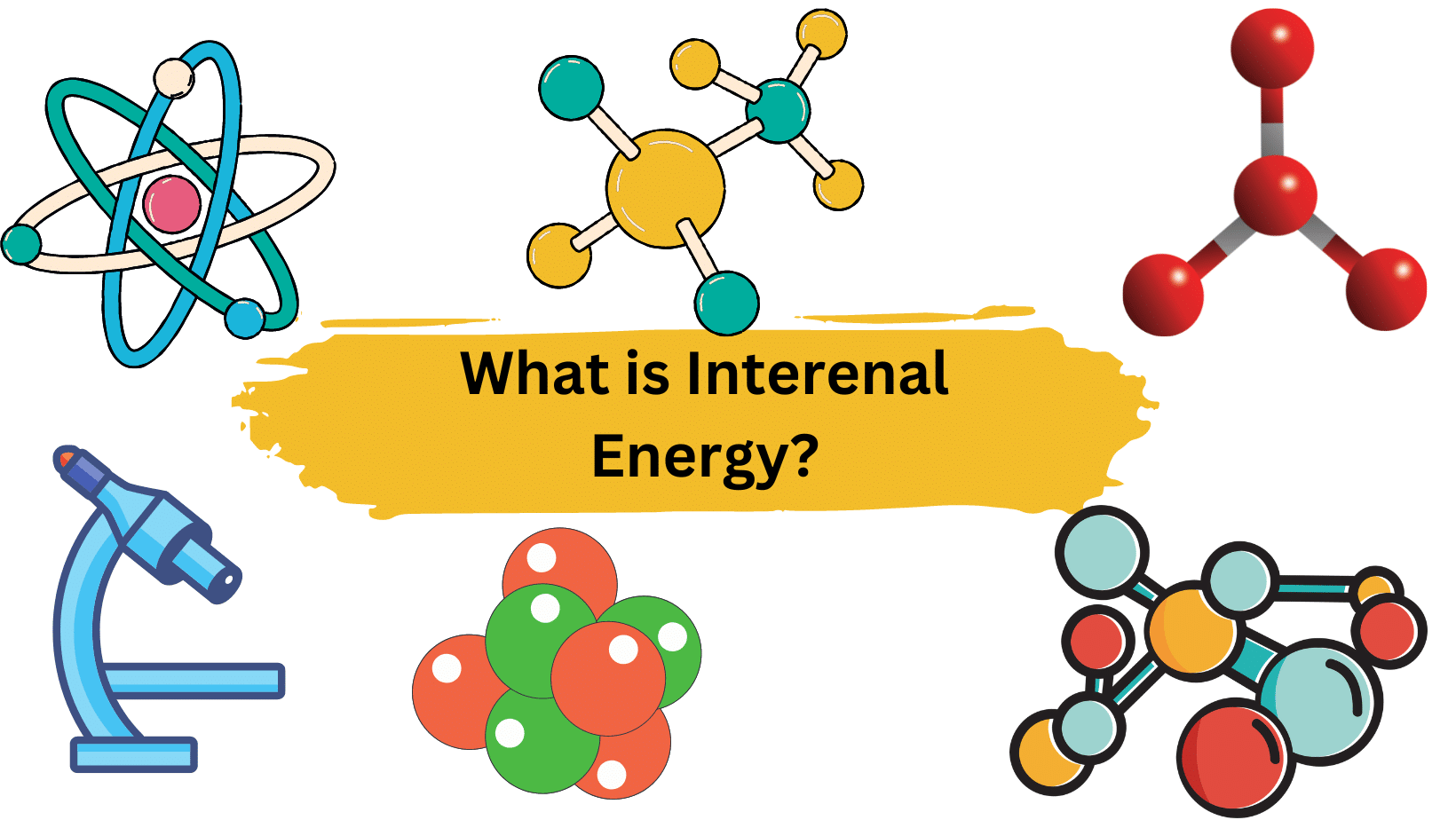Thermodynamics is a field of physics that studies a system’s energy and work. Thermodynamics solely deals with a system’s large-scale reaction, which can be observed and measured in experiments. The kinetic theory of gases describes small-scale gas interactions.

Table of Contents
Thermodynamics Definition
Thermodynamics is the branch of physics that studies the interactions between heat and other forms of energy. It describes how thermal energy is converted to and from other types of energy, as well as how thermal energy affects matter.
Laws of Thermodynamics
Thermodynamics is divided into three main laws, each of which is explained in its own presentation. Each rule leads to the definition of thermodynamic characteristics, which aid in the comprehension and prediction of a physical system’s functioning.
Energy cannot be generated or destroyed in an isolated system, according to the first law of thermodynamics, commonly known as the Law of Conservation of Energy.
The entropy of every isolated system always rises, according to the second rule of thermodynamics.
The third law of thermodynamics states that when the temperature approaches absolute zero, the entropy of a system approaches a constant value.
Thermal Energy
Thermal energy is the kinetic energy associated with the random movements of a material’s molecules; the terms heat and heat energy are sometimes used interchangeably. Units of measurement include joules, calories, and BTU.
Simply put, the thermal energy equation depicts the energy derived from matter’s temperature. The greater the vibration of molecules, the greater the thermal energy.
More Links
Conduction in Physics| Easy Examples
Heat Engine| Definition, Types, and Efficiency
The Otto Cycle| A Simple Overview
Density of Water in g/ml-Accurate Value
O2 Molar Mass
Enthalpy Definition| Chemistry
- BCl3 Lewis Structure in four simple steps - November 1, 2023
- PH3 Lewis Structure in four simple steps - October 8, 2023
- PF3 Lewis structure in four simple steps - September 24, 2023



